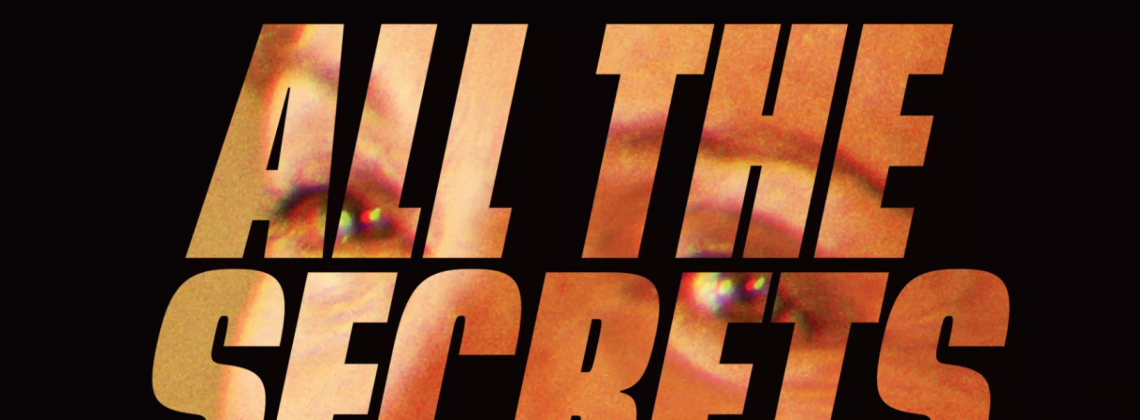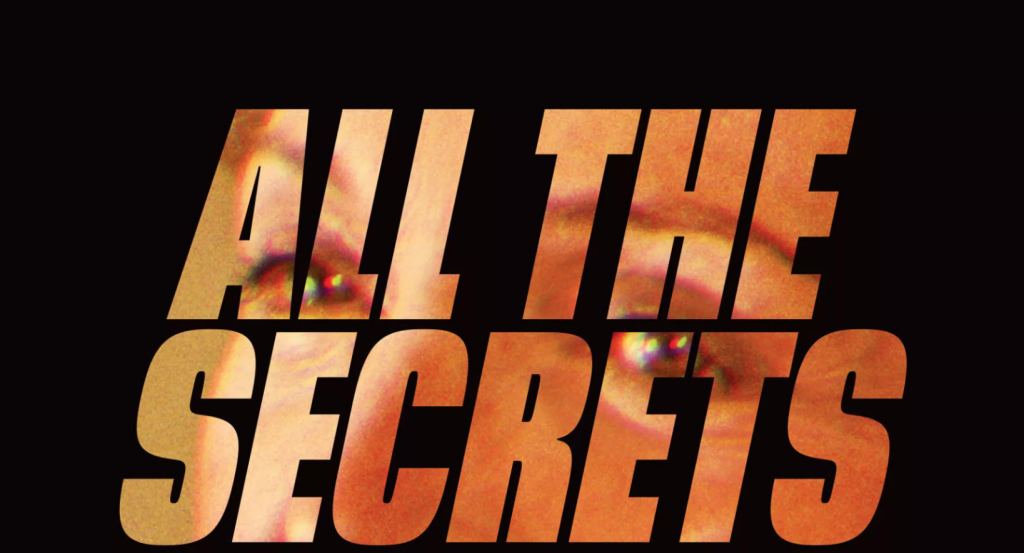

Moral imagination demands a certain kind of story
Back in 2014 I began writing a novel about an unlikely friendship between two girls of starkly different backgrounds. Lorena Saenz is the brilliant daughter of a single mother from Honduras, while her classmate Jenny Stallworth has grown up in a world of affluence and ease.
As I originally conceived of it, the book would be a family drama in which Lorena gets pulled into the glamorous and deceitful orbit of the Stallworths. I set the book in 1981, at the dawn of the Reagan Revolution, mostly because I had lived through that era.
But a funny thing happened on the way to finishing my novel: the social and political upheaval of the Trump years.
Suddenly, white supremacists were marching en masse in American cities. Protestors for racial justice took to the streets, outraged by the killing of George Floyd, and other black men, by police officers. The President, far from urging calm, mouthed incitements last heard during the era of segregation (“When the looting starts, the shooting starts”). Most disturbing of all, immigration officers were ripping child refugees away from their parents along our Southern border—some as young as eighteen months.
It was my job as a novelist to filter out the noise of the news cycle. But it was impossible to see these images and not ponder the ways in which racial bias leads agents of the state to target people of color. Or the manner in which our government has criminalized the “American dream” for certain populations, in particular immigrants coming from Central America.
And thus I found the arc of my novel expanding, spiraling out from the families in question to trace the larger forces aligned against Lorena: criminal justice, politics, and immigration. This was not a conscious plan so much as an instinctive response.
In the construction of its events, my novel read like a thriller. But in its moral concerns, I could see that I was writing in a different tradition, that of the social novel.
This term sounds ominously academic, but it just means a book that seeks to dramatize how systems of power shape the lives of individuals. The tradition runs from Victor Hugo and Charles Dickens to Zora Neale Hurston, Ralph Ellison, and John Steinbeck.
There are, of course, risks to taking this approach. Any novel that endures has to travel beyond its own noble intentions, or it becomes a piece of rhetoric meant to impart neat lessons rather than leading the reader deeper into her own moral confusions.
The risk of exploitation is even more profound for an author like myself, who has led a life of privilege unlike most of the characters I write about.
The controversy over the Jeanine Cummins’ 2020 novel American Dirt wasn’t most centrally about whether Cummins (who is white) has the “right” to tell the story of a Mexican mother and son who journey to the U.S. border. It was about imprecision: The fact that she misrepresented the world she was writing about.
I worked hard to avoid that pitfall, and to empathize with all the characters in the book, from my young heroine Lorena to Nancy Reagan, who plays a small but vital role in the story. I wanted to expose the traumatic experiences and ethical blind spots that warp good intentions into destructive actions. I also wanted to understand how the ugliest manifestations of Trumpism arose from the gauzy myths that took root during the Reagan era.
Whether or not my novel, All the Secrets of the World, succeeds on these counts, I’m glad I embraced the challenge. Our mission as novelists is not to be social justice warriors but to enlarge the moral imagination of our readers, so they can recognize the struggles of other people as related to their own.
Steve Almond is the author, most recently, of the novel All the Secrets of the World.